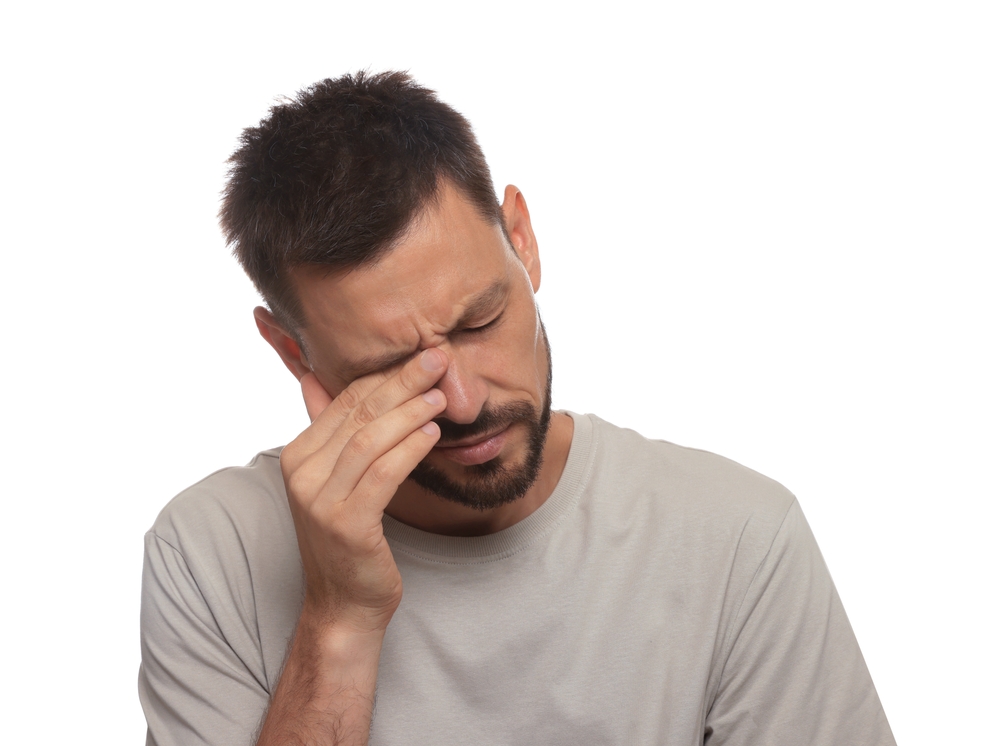
Dry eye is a common condition that occurs when your eyes do not produce enough tears or when the tears evaporate too quickly. It can be uncomfortable and even painful, causing symptoms such as redness, itching, and a gritty sensation in the eyes. Understanding the causes of dry eye is crucial in order to find the appropriate treatment and relief.
Understanding the Causes of Dry Eye
There are several factors that can lead to dry eye. One of the main causes is a condition called meibomian gland dysfunction (MGD). The meibomian glands are responsible for producing the oily layer of tears that helps to lubricate the eyes and prevent them from drying out. When these glands become blocked or do not function properly, it can result in reduced tear production and an imbalance in the tear film.
Another common condition associated with dry eye is blepharitis, which is inflammation of the eyelids. When the eyelids are inflamed, it can disrupt the normal functioning of the tear glands and lead to dryness. Blepharitis can be caused by bacterial or fungal infections, allergies, or even poor eyelid hygiene.
Other Common Causes of Dry Eye
In addition to meibomian gland dysfunction and blepharitis, there are other common causes of dry eye. Medications, such as antihistamines, decongestants, and certain antidepressants, can cause dryness as a side effect. These medications can reduce tear production or increase tear evaporation, leading to dry eye symptoms.
Environmental factors can also contribute to the development of dry eye. Exposure to dry air, wind, and smoke can cause the tears to evaporate more quickly, resulting in dryness and irritation. Spending long periods of time in front of a computer screen or other digital devices can also contribute to dry eye, as it can decrease the blink rate and lead to excessive tear evaporation.
Hormonal changes, particularly in women during menopause, can increase the risk of experiencing dry eye symptoms. The decrease in estrogen levels can affect the production of tears and the overall quality of the tear film.
Identifying the Symptoms of Dry Eye
Recognizing the symptoms of dry eye is important in order to seek appropriate treatment and relief. Common symptoms of dry eye include:
- Dryness or a sandy/gritty sensation in the eyes
- Redness and irritation
- Excessive tearing
- Blurred vision
- Sensitivity to light
- Eye fatigue or discomfort
When to See an Optometrist for Dry Eye
If you are experiencing symptoms of dry eye that are affecting your daily life or causing significant discomfort, it is important to seek professional help. An optometrist can assess your condition and recommend appropriate treatment options to alleviate your symptoms.
Additionally, if you have been diagnosed with a condition such as meibomian gland dysfunction or blepharitis, it is important to have regular follow-up appointments with your optometrist. They can monitor your condition, provide guidance on managing your symptoms, and make any necessary adjustments to your treatment plan.
Dry eye is a chronic condition that may require ongoing management. By working closely with your optometrist, you can find relief and improve your overall eye health.
Schedule Your Dry Eye Evaluation with Eye Care Associates of Princeton Today
Dry eye is a common condition that can cause discomfort and affect your quality of life. Understanding the causes of dry eye, such as meibomian gland dysfunction and blepharitis, is crucial in order to find appropriate treatment options.
If you are experiencing symptoms of dry eye, visit Eye Care Associates of Princeton at our office in Princeton, New Jersey, or call (609) 536-1017 to schedule an appointment today.








